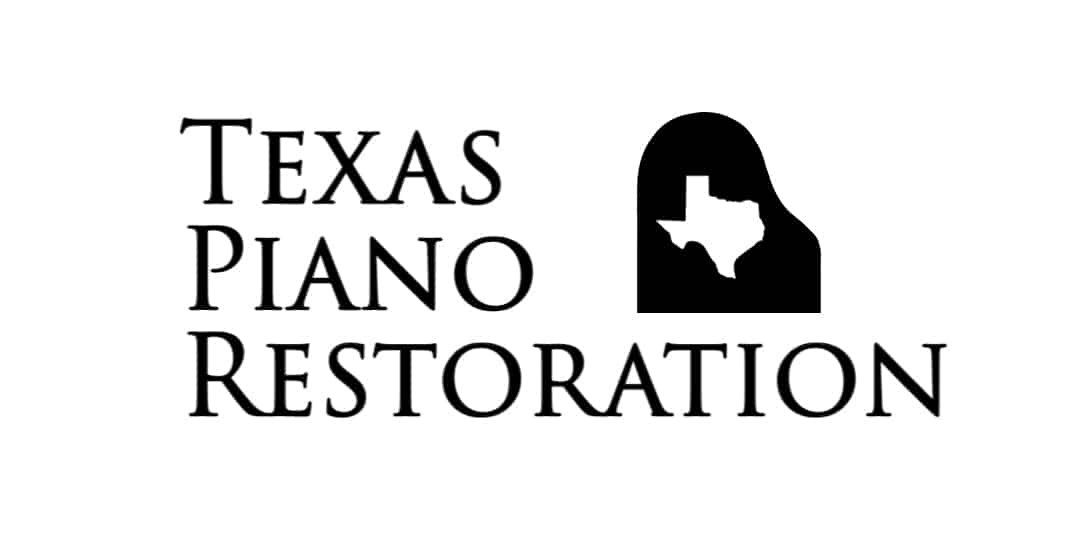What to do with Older Upright Pianos?
Upright pianos have long been a staple in homes, schools, and music studios. These majestic instruments hold a timeless charm, and many families pass them down through generations. However, as time takes its toll on these pianos, the question arises: are upright pianos worth restoring? Let’s explore the factors to consider when deciding whether to restore an upright piano.
Sentimental Value: One of the primary reasons people choose to restore an upright piano is the sentimental value attached to it. If the piano has been in your family for years or holds special memories, restoring it can preserve that connection and allow future generations to appreciate its history.
Craftsmanship: Older upright pianos, especially those from renowned manufacturers, were often built with exceptional craftsmanship and feature ornate case and scroll work. They may possess unique tonal qualities and features that are difficult to find in modern instruments. Restoring such a piano can bring it back to its former glory and allow you to enjoy the benefits of its exceptional construction.
The Dollars and Sense
Cost: Restoring an upright piano can be a costly endeavor, depending on the extent of the restoration needed. Consider the overall condition of the piano, the repairs required, and the associated costs. If the piano is of high quality and holds sentimental value, the investment may be worthwhile. However, it’s essential to weigh the restoration costs against the value of the instrument.
Playability: Assess the playability of the upright piano before deciding to restore it. Play each key and listen for any issues such as sticking, buzzing, or inconsistent sound. If the piano’s action and touch are still in good condition, restoration efforts may be focused on cosmetic enhancements and minor repairs, making it a more viable option.
Professional Evaluation: Before making a final decision, consult a reputable piano technician or restorer. They can provide a comprehensive assessment of the piano’s condition and estimate the cost of restoration. Their expertise will help you make an informed choice based on the piano’s potential and your budget.
Alternative Options: If the piano requires extensive repairs or the restoration costs are prohibitive, consider exploring alternative options. It may be more practical to invest in a newer or used piano that is in better condition, rather than pouring significant funds into restoring an instrument that may not have substantial value or playability.
Ultimately, the decision to restore an upright piano depends on personal factors such as sentimental value, craftsmanship, and budget. While some upright pianos may be worth the investment, others may not justify the costs. Carefully evaluate these factors and seek professional advice to determine whether restoring an upright piano aligns with your goals and resources.

